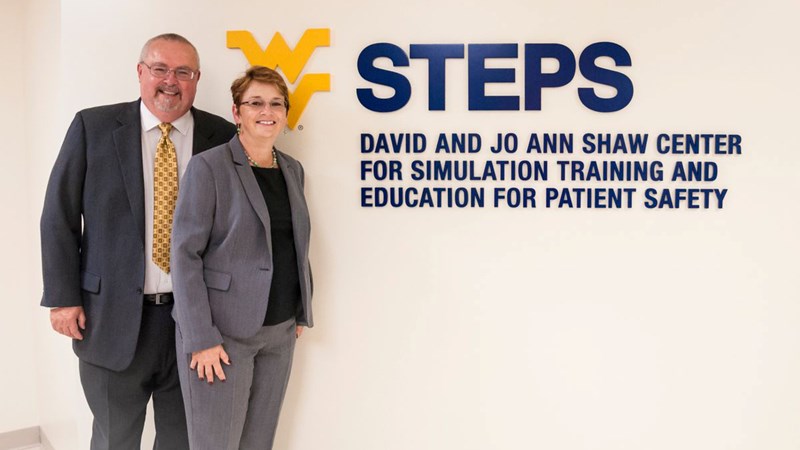[ad_1]
A new project led by NT Health and the Menzies School of Health Research aims to develop virtual care models that meet the specific needs of indigenous communities in the Northern Territory.
WHAT IT’S ABOUT
Based on a media release, this three-year project under the Digital Health Cooperative Research Centre (DHCRC) will evaluate how existing and emerging technologies could be best deployed in remote indigenous communities.
It will identify the preferences of consumers and healthcare providers regarding virtual care, as well as address the lack of knowledge in deploying digital tools. “Recommendations will be based on needs and preferences identified by both consumers and health professionals, with a particular focus on integrating multiple professional groups working in remote [primary healthcare service],” explained Menzies professor John Wakerman.
The project also involves the participation of several organisations, including the Australian Government Department of Health and Aged Care, the University of Sydney, Healthdirect Australia, and the NT Primary Health Network.
WHY IT MATTERS
According to DHCRC, outcomes from the study will help identify gaps in existing technologies, systems, and processes; provide guidance on how to optimise existing tools and how they are deployed and configured; identify and develop new technologies, as required, to support improved health outcomes.
“It is expected that improved uptake of digital health technologies within remote Indigenous communities will save patient time, lead to better models of care delivery and improve patient outcomes,” said DHCRC Research Director Dr Clare Morgan.
“Over time, through improved primary health care, we expect this project to reduce the demand on acute care,” she added.
Moreover, the project is also important in “determining how digital health can improve access and equity for disadvantaged groups in Australia and avoid contributing to a new digital divide,” according to University of Sydney professor Tim Shaw.
Additionally, health economic analysis outputs from the study will inform the national policy and strategy of the DHAC while Healthdirect intends to use the early findings from the project to optimise culturally safe and appropriate service workflows that can be implemented, particularly in video-based consultations.
THE LARGER TREND
NT Health is also leading a DHCRC project, together with the University of South Australia, to develop a clinical decision support tool to enable more accurate medicine prescriptions. It is targeted to benefit patients with renal function problems, especially senior citizens and Aboriginal and Torres Strait Islander peoples.
The latest NT project follows another DHCRC-backed project announced in late June. Spearheaded by Melbournian institutions Peter MacCallum Cancer Centre and the Swinburne University of Technology, this project aims to build an AI-powered virtual platform for patients with genetic disorders.
[ad_2]
Source link

